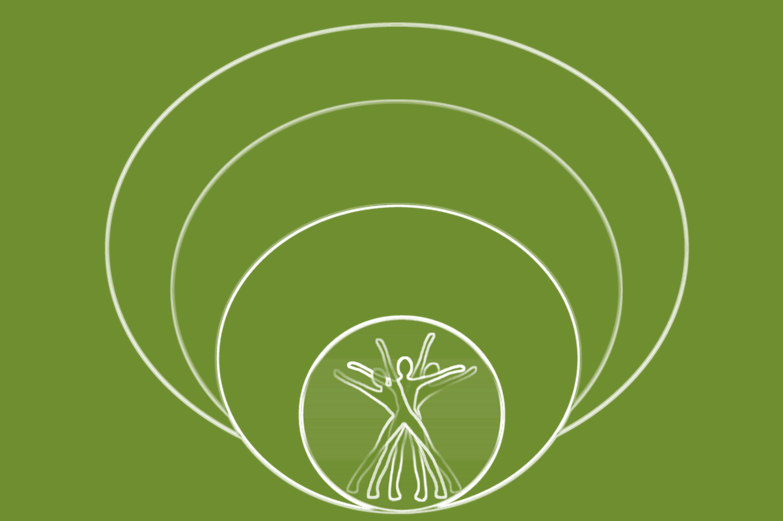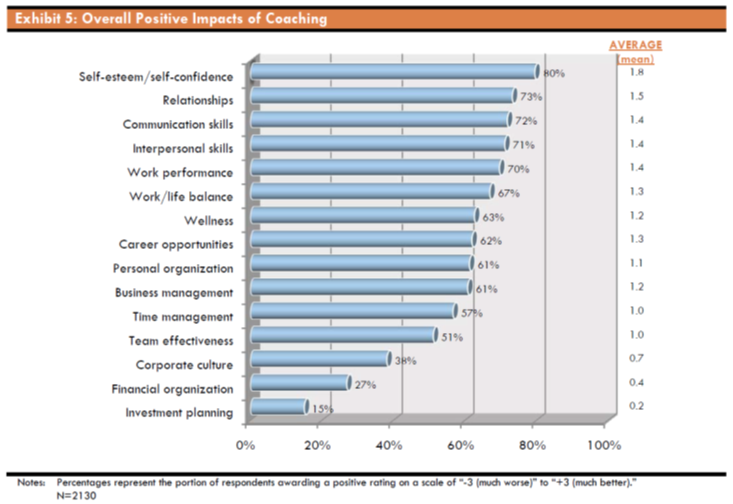Research Paper By Kylie Johnstone
(Health and Wellness Coaching, AUSTRALIA)
Introduction
Traditionally, literature informing both therapeutic and preventative approaches to the promotion of health and wellbeing have focussed almost exclusively on individual behavioural factors. For example, lifestyle choices such as food intake, exercise, whether or not we smoke, get enough sleep, have good hygiene practices, or maintain a healthy weight have been seen as the fundamental causal factors of either good or poor health, and further to this, the adoption of “desirable” health behaviours are understood to lie within the control and responsibility of the individual in question. Little if any acknowledgement of broader influencing factors operating within the social, physical and economic environments are present. This common paradigm is however unsupported by a long standing and well developed Public Health evidence base which demonstrates conclusively that the distribution of illness, disease, and early death across populations is largely determined by your socioeconomic circumstances, that is, where you live, your level of education, what you do for a living, and the material resources that are at your disposal relative to that of other people in the society of which you are a part.
This thought leadership article explores two key suppositions relevant to the professional coaching sector.
- Effective coaching supporting a client’s own positive action, achievement of goals, and ability to live congruently with their deepest core values – has the potential to positively impact people and systems beyond the client, and further, this expanded definition of coaching beneficiaries may be of interest and value to prospective clients, and provides opportunities for enhancing the perceived value of coaching within the marketplace
- There are structures, elements and systems operating outside of the client which impact on their beliefs, aspirations, actions, and chances of success, and that acknowledgment, consideration and integration of these elements within the coaching context can act as a compassionate and powerful method of supporting client progress
Background
Life coaching literature to date has primarily emphasised the benefits of coaching to the individual coaching client. These benefits typically include increased clarity around personal values and life goals (Grose, A. 2009), enhanced decision-making skills, greater interpersonal effectiveness (Brothers, C. 2013), increased confidence and general feelings of wellbeing, improvement in productivity, increased satisfaction with life and work (ICF 2009), and first and foremost, the attainment of identified personal and professional goals. The following infographic is provided by the International Coaching Federation, taken from the 2009 report ICF Global Coaching Client Study and summarises the benefits of coaching as identified by a cohort of 2068 coaching clients.
Organisational coaching, also known as business or corporate coaching extends coaching benefits to the workplace and businesses setting, often for an explicit primary purpose of supporting the achievement of business goals and objectives. In this instance, the benefits of coaching are acknowledged as being afforded to stakeholders external to the client, however that benefit is generally defined in terms of productivity, efficiency and ultimately profitability of the
business in question. Whilst these are obviously noteworthy advantages, once again, there are potentially many other beneficiaries of coaching, and the benefits to the direct coachee are not limited to their increased value within the business context. The benefits are also experienced elsewhere, in other contexts, enabling the coachee to be more successful and fulfilled in all areas of life and henceforth make more positive contributions to other people and systems.
Whilst acknowledging that the coaches’ first responsibility and interest is in the wellbeing and growth of the client, this paper proposes wider implications and additional benefits of effective coaching, extending far beyond the individual, to families, workplaces, communities and even to the collective universal energy system (known in Sanskrit and yogic terms as “Prana” and by various other names within alternative doctrines and belief systems). These benefits, while not the primary goal of the coaching relationship, may be of interest to coaches and clients seeking to:
It is proposed that a chain of influence exists, which both emanates from the individual, and flows back to the individual. While it is not proposed that as individuals we are responsible for all circumstance which may arise throughout one’s life, an acknowledgment of our potential to influence our circumstances and the system of which we are all a part of is central to this article. Ultimately the paper seeks to:
- broaden the traditionally individualistic and behavioural orientation of health and wellness coaching to include acknowledgment and consideration of broader elements impacting the client, and b,
- expand the definition of coaching outcomes to include a more holistic interpretation of beneficiaries, and further suggests that this broader lens has the potential to engage new markets, and expand the reach of coaching to a much wider audience.
Key theoretical constructs have been drawn from in the pursuit of these aims including:
The common thread connecting these theories and frameworks is that they each acknowledge the interconnectedness of all people, the complex interactions between people and their social and physical environments, and the centrality of self-love, self-efficacy, and self-mastery within a positively functioning human being and collective. A number of these theories are now further discussed in terms of their relevance to health and wellness coaching.


